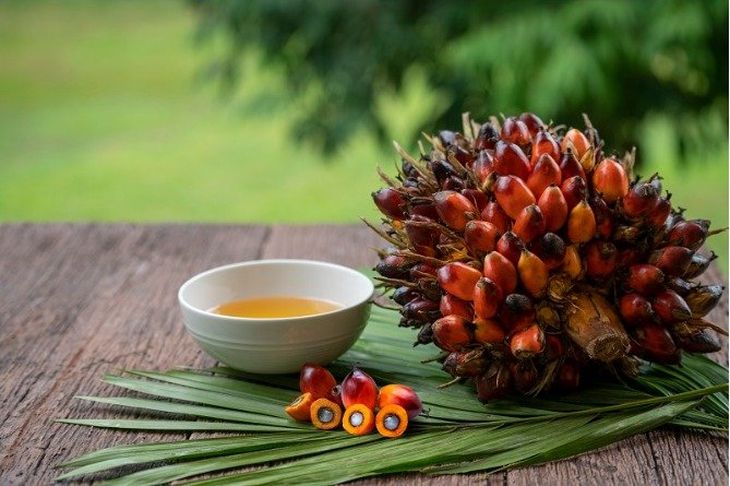Indonesia: Sustainable palm oil certification to be expanded to downstream sector

The Indonesia Sustainable Palm Oil (ISPO) certification will be expanded to the downstream sector, the Industry Ministry said.
The certification is based on the Presidential Regulation (Perpres) No. 44 of 2020 on the Indonesian Sustainable Palm Oil Certification System.
So far, ISPO certification only covered the upstream sector, namely plantation and plantation processing results, Director General of Agro Industry at the Ministry Putu Juli Ardika informed during the “Food and Beverage Industry’s Industry 4.0 Assistance Kick-Off” event here on Tuesday.
However, at the Coordinating Ministry for Economic Affairs’ recommendation, the scope of the ISPO certification has been expanded to the downstream sector to boost the competitiveness of palm derivative products, including energy or fuel.
“Perpres 44/2020 on ISPO revision is being completed. We already had several PAK or interministerial committee meetings. Therefore, there are so many things that we have agreed upon, thus, it can hopefully be completed soon,” he said.
“This is how we anticipate existing global policies,” he added.
Ardika said he expects that by expanding the scope of the ISPO certification, a single ISPO will be implemented nationally, meaning there will be no upstream ISPO, downstream ISPO, and supply chain ISPO.
The expansion of ISPO certification to the downstream sector will make palm products and their derivatives more acceptable in the global market, he added.
“Firstly, the benefit is that we can declare to global citizens that the globally demanded products are sustainable. They’re eco-friendly,” he said.
Moreover, the production of these commodities will also be traceable and the people will see the actors involved in the process, he added.
While he did not explicitly state that the ISPO certification expansion is an effort to fight against the anti-deforestation regulation of the European Union, Ardika said that this has been undertaken as an anticipatory effort.
He also stressed that sustainable management of palm results should be done in line with the market demand and preference that is leaning toward eco-friendliness.
Read also
Wheat in Southern Brazil Impacted by Dry Weather and Frosts
Oilseed Industry. Leaders and Strategies in the Times of a Great Change
Black Sea & Danube Region: Oilseed and Vegoil Markets Within Ongoing Transfor...
Serbia. The drought will cause extremely high losses for farmers this year
2023/24 Safrinha Corn in Brazil 91% Harvested
Write to us
Our manager will contact you soon



